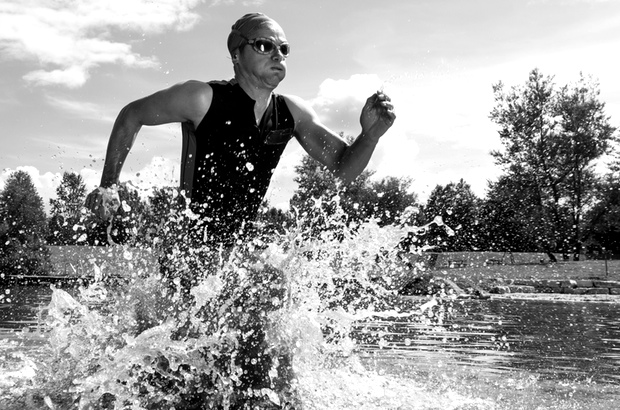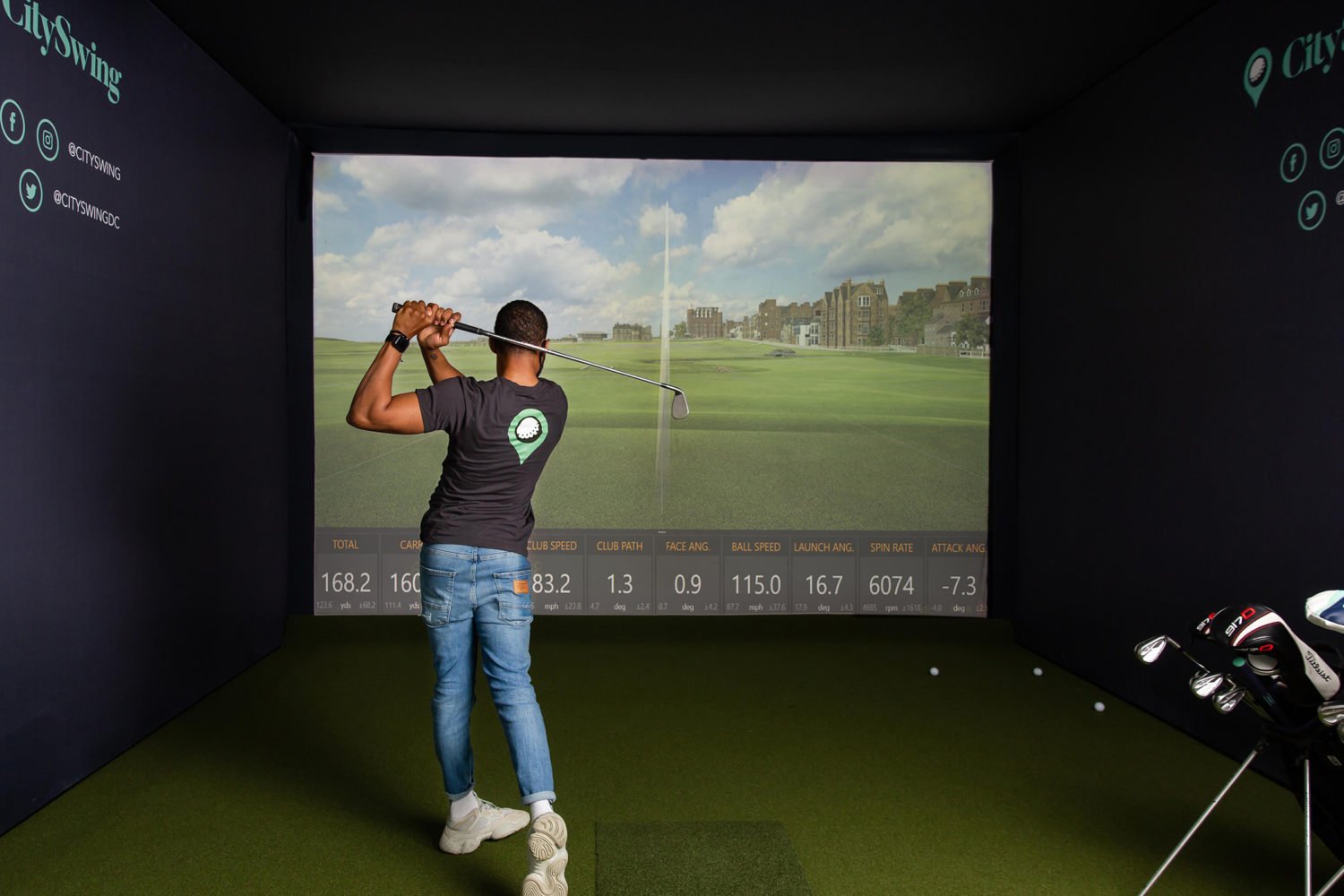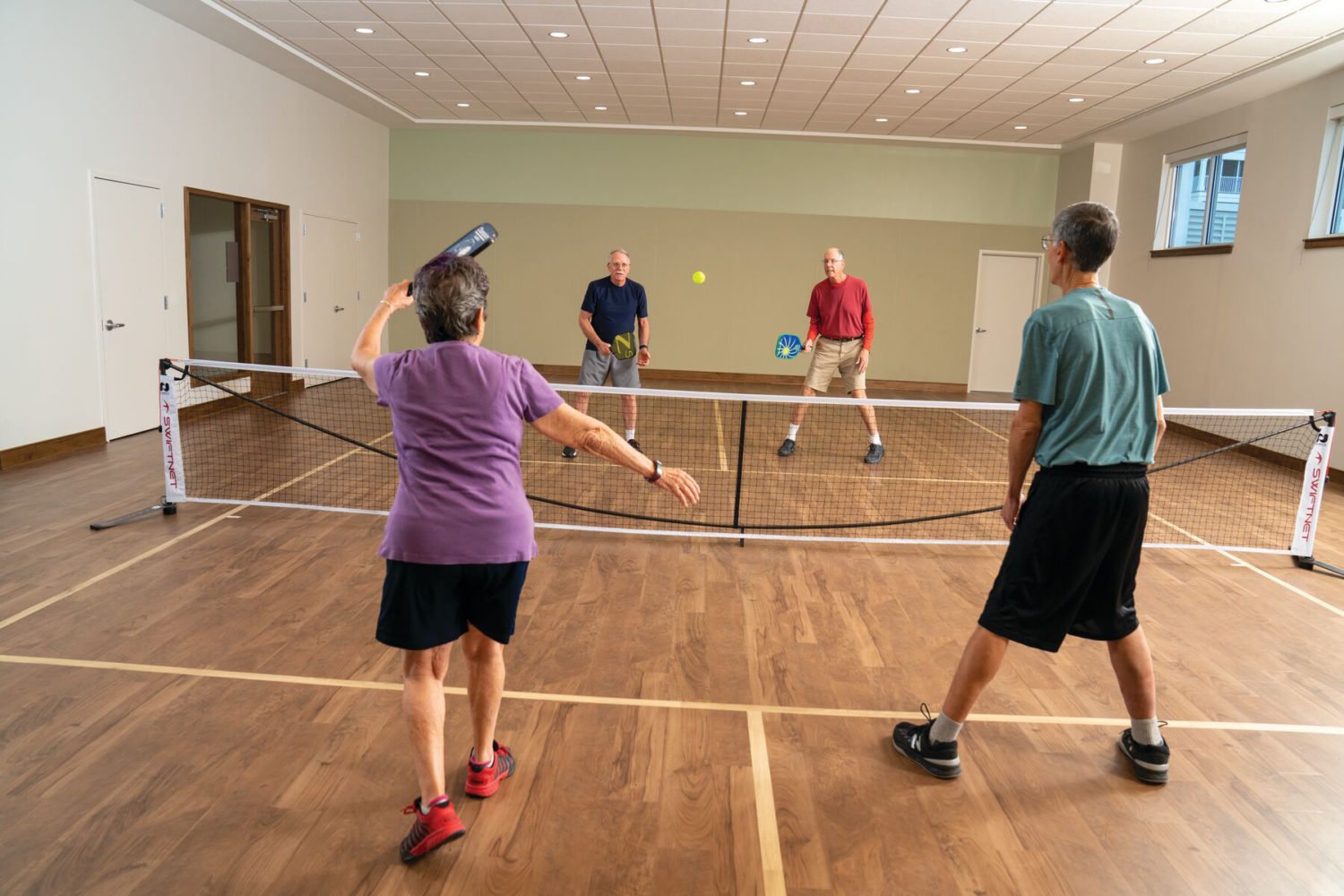Today is Rick Linden’s birthday. As a birthday present to himself, on September 9, he’ll run his first triathlon.
It’s a big deal for Linden—not that he’s a total newcomer to heart-pumping, muscle-straining displays of endurance. A former runner, he has both a 10K and a 10-miler under his belt.
But those races were a decade ago. Today, Linden turns 66 years old.
According to statistics from the Competitor Group, which puts on this weekend’s Nation’s Triathlon, baby boomers make up almost a quarter of USA Triathlon’s membership. The number of triathlon participants age 50 and older has more than doubled since 2005, and there are almost 4,000 in the 60 to 69 age bracket.
The oldest triathlete registered for Sunday’s competition is 75.
But why race now, at an age when many people are retired and enjoying the simple life? Blame it on tax season, Linden says, who is a Bethesda-based tax accountant.
In 2011, Linden had loads of work to plow through in the months leading up to April 15. He found himself spending less and less time exercising.
As he tells it, “The couch was winning.”
So he decided to pull himself out of the rut. That meant setting a tangible goal, “with stated distances and a certain date.” After hearing about a DC-based triathlon from some running friends, he figured he might as well aim high.
The Nation’s Triathlon is an Olympic triathlon, which involves a 1,500-meter swim, a 25-mile bike ride, and a 10K run. The course takes triathletes on a tour of the District’s museums and monuments, and the Potomac River.
Linden has been training for almost five months now—after the rush of tax season ended he got up off the couch and started training. His strategy is to focus on at least one exercise a day, six days a week. More recently, he began combining two exercises into one workout. He has yet to do all three in totality—that’s better left for race day.
He’s had to make a few adjustments to catch his stride. Serious biking took some getting used to. “I fell off my bike once, standing perfectly still,” he remembers. And while swimming laps came easily, he recently tried some open-water exercise at the urging of a friend, and discovered that he doesn’t swim straight. As a remedy, he’ll have to look up and check his surroundings every minute, “so I don’t end up on the Virginia side [of the river],” he jokes.
Linden’s bike was also stolen from in front of his house. But he says he sees a silver lining: The theft gave him the push he needed to invest in a nicer bike.
The fleeting nature of time has been a big takeaway from this experience, Linden says. “I’ve discovered is training for a triathlon takes a lot of time. And between work and family it’s hard to find the time and energy, so I’ve trained as much as I comfortably can.”
This Sunday, when he wades into the Potomac at sunrise to start the race, his family will be there to cheer him on. His wife and two sons live in the area, and both of his daughters have flown in to watch him compete.
Linden says they all think he’s crazy for doing a triathlon at 66—“sometimes I do, as well,” he adds. But he’s quick to point out that his goal is modest. After months of training, he knows he can do the swim and the bike ride. If the run gives his back any problems, he says, he will walk through the finish line.
“I don’t regard this as a race,” he says. “I just regard this as something that I want to finish and get in good enough shape to do.”













